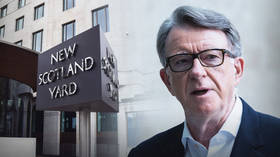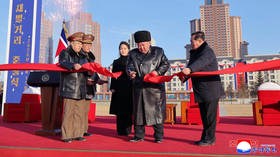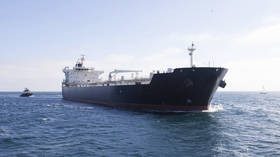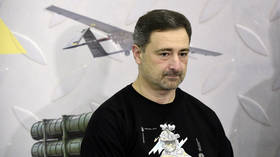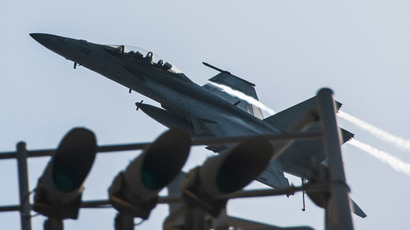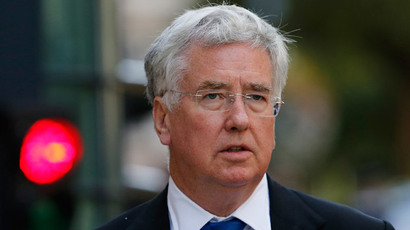US top-brass eye Syria no-fly zone
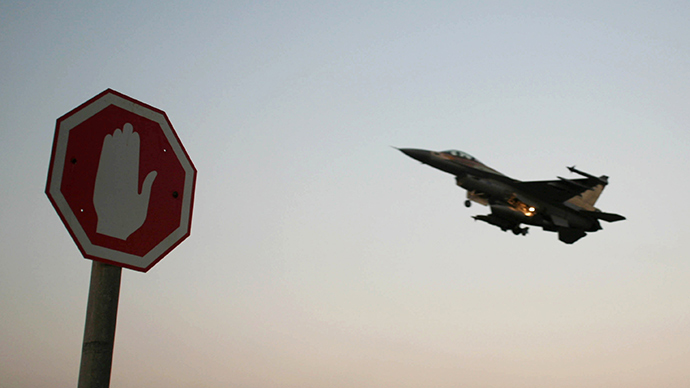
Even though Islamic State militants in Syria have no aircraft to speak of, the US’s top military commander says establishing a no-fly zone may be part of the campaign. Such a move is what US allies, including Turkey, have been pressing for.
The possible establishment of a no-fly zone over northern Syria was hinted at by Chair of the Joint Chiefs of Staff General Martin Dempsey.
“Do I anticipate that there could be circumstances in the future where that would be part of the campaign? Yeah,” he told ABC’s This Week program.
The general also warned that IS are better than ever at blending in with the population and hiding from coalition attacks
“An enemy adapts and they'll be harder to target. Yeah, they know how to maneuver and how to use populations and concealment,” he said.
US Secretary of Defense Chuck Hagel earlier hinted a no-fly zone in Syria, as per Ankara’s request, was on the cards.
“We’ve discussed all these possibilities and will continue to talk about what the Turks believe they will require,” The New York Times reported him as saying.

Turkey reportedly set a no-fly-zone as a condition for more direct engagement against the Islamic State, who have been gaining ground against Kurdish militias in northern Syria since last month.
On Sunday, officials confirmed to AP on condition of anonymity that Turkey would allow all anti-ISIS coalition members use Turkish air bases, including Incirlik Air Base in the south.
READ: Turkey allows US to use its bases for fight against ISIS - report
Establishing a no-fly zone, however, stretches an already thin US case for conflict even further. The Obama administration used post-9/11 extraordinary powers to go after Al-Qaeda in Iraq and Syria without Congressional approval – but the Islamic State is technically no longer part of Al-Qaeda after splitting from the terrorist network to pursue the establishment of a fundamentalist Sunni caliphate.
Internationally, the US-led military campaign is also in murky legal waters. There is no UNSC approval for use of force in Syria nor a request from Damascus to intervene (US planes reportedly met ‘passive’ Syrian defense systems when launching air strikes against ISIS.
Iran and Russia argue the US is just a hair’s breadth away from an illegal invasion of a sovereign nation on a pretext of fighting terrorism.
An anti-ISIS no-fly zone would also target the Syrian army, which the US and its allies accuse of war crimes against civilians. The US has pledged to train and arm so-called ‘moderate’ Syrian rebels fighting Assad’s government.
Any direct confrontation with Damascus in Syria will fuel suspicion that the US campaign against Islamic State is a pretext to weaken Assad. When NATO received a UN mandate to enforce a no-fly zone over Libya in 2011, it effectively militarized North Africa, decimated Muammar Gaddafi’s armed forces, leading to his brutal murder and the disintegration of the country into a fragmentary tribal/Islamist civil war.



